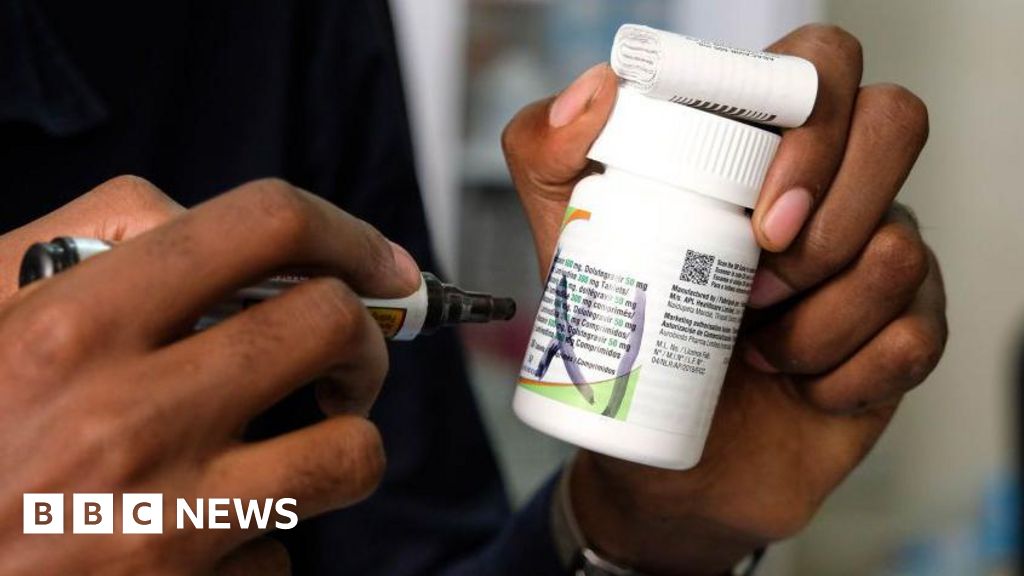
Syndicate: America’s Global AIDS Relief Program Faces Uncertainty
The future of the United States' flagship global AIDS relief program, PEPFAR, hangs in the balance as discussions about its continuation and funding loom large. The program, known officially as the President's Emergency Plan for AIDS Relief, has been a cornerstone of U.S. foreign aid since its inception in 2003, significantly impacting health outcomes in Africa and other regions.
Recent reports from Politico and Foreign Policy highlight the precarious state of PEPFAR's funding, with debates in Congress potentially threatening the program's continuation. The discussions are not just about budget allocations but also about the broader implications for U.S. foreign policy and international health initiatives.
Further analysis from the BBC and Think Global Health delves into the potential ramifications of a funding cut or shift in focus for PEPFAR. These sources underscore the program's role in not only combating HIV/AIDS but also in supporting broader health, education, and development efforts in Africa.
The uncertainty surrounding PEPFAR's future comes at a critical time when global health challenges require sustained international cooperation and support. As the U.S. deliberates on its foreign aid priorities, the fate of millions who rely on PEPFAR's services remains in question.


